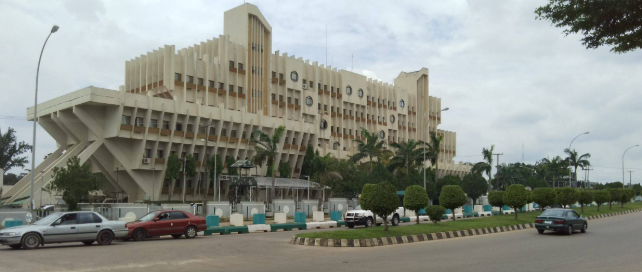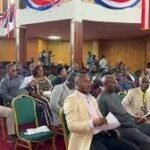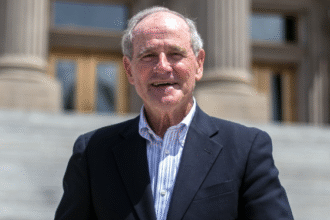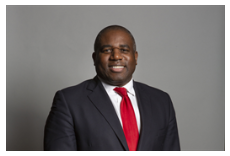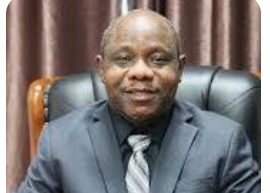By Abu Hassan
LAGOS, Nigeria – A growing chorus of voices within Nigeria and internationally are accusing a powerful and entrenched political and military cartel of actively undermining the nation’s vast potential and contributing to widespread economic hardship, ultimately holding back the prosperity of Africa’s most populous nation.
For decades, Nigeria, rich in natural resources, particularly oil, has struggled to translate its wealth into tangible benefits for its citizens. Despite its immense potential, the country faces staggering poverty rates, inadequate infrastructure, and persistent corruption, fueling frustration and disillusionment amongst its burgeoning population.
Analysts and civil society organizations are increasingly pointing the finger at a deeply entrenched network of politicians and military officials who allegedly prioritize self-enrichment and the preservation of their power above the needs of the nation. This “cartel,” as it is often referred to, is accused of systematically engaging in:
- Massive Corruption:┬ĀDiversion of public funds, embezzlement of oil revenues, and bribery are rampant, crippling public services and hindering sustainable development. The recent revelations regarding alleged widespread fraud within government ministries have further fueled public outrage.
- Suppression of Transparency and Accountability:┬ĀEfforts to implement effective oversight mechanisms and anti-corruption measures are often stymied by the cartel, preventing independent investigations and perpetuating a culture of impunity. Whistleblower protection is weak, and those who dare to expose wrongdoing often face intimidation and retaliation.
- Manipulating Elections and Political Processes:┬ĀAllegations of electoral fraud and political violence are commonplace, undermining the credibility of democratic institutions and ensuring the cartel maintains its grip on power.
- Profiting from Insecurity:┬ĀSome accuse elements within the military of benefiting from ongoing conflicts and insecurity, particularly in the North East and Delta regions. Prolonging these conflicts allows them to control lucrative security budgets and engage in illegal activities, such as arms trafficking and resource theft.
ŌĆ£Nigeria has the potential to be a powerhouse of economic growth and development for the entire African continent,ŌĆØ says Dr. Amina Bello, a professor of political science at the University of Lagos. ŌĆ£However, this potential is being systematically squandered by a parasitic elite who prioritize their own selfish interests over the well-being of the nation.ŌĆØ
The implications of this alleged cartel’s actions extend far beyond Nigeria’s borders. The country’s instability threatens regional security, while its underperformance hampers efforts to address pressing issues such as climate change, poverty, and disease across the continent.
International organizations and foreign governments are increasingly scrutinizing Nigeria’s governance issues. Calls are growing for greater transparency, stricter accountability measures, and targeted sanctions against individuals and entities implicated in corruption and human rights abuses.
“Nigeria needs a radical overhaul of its political and military systems,” says human rights activist, Ken Okoro. “Only by dismantling this cartel and holding those responsible accountable can the nation truly unlock its potential and provide a better future for its citizens.”
While overcoming the entrenched power of the alleged cartel will be a monumental challenge, a growing movement of civil society organizations, activists, and concerned citizens are determined to fight for a more just and equitable future for Nigeria, one that benefits all its people and allows it to fulfill its role as a leader on the African continent. The future of Nigeria, and potentially the future of Africa, hangs in the balance.


